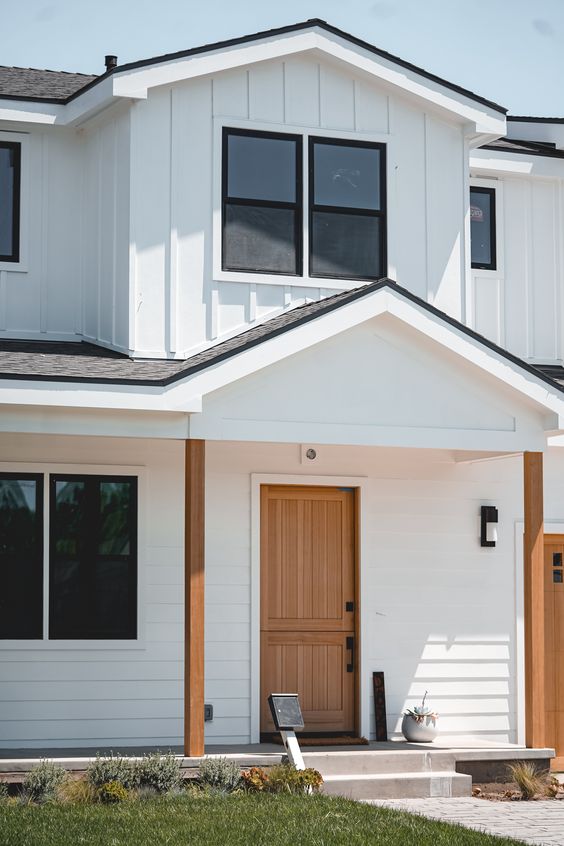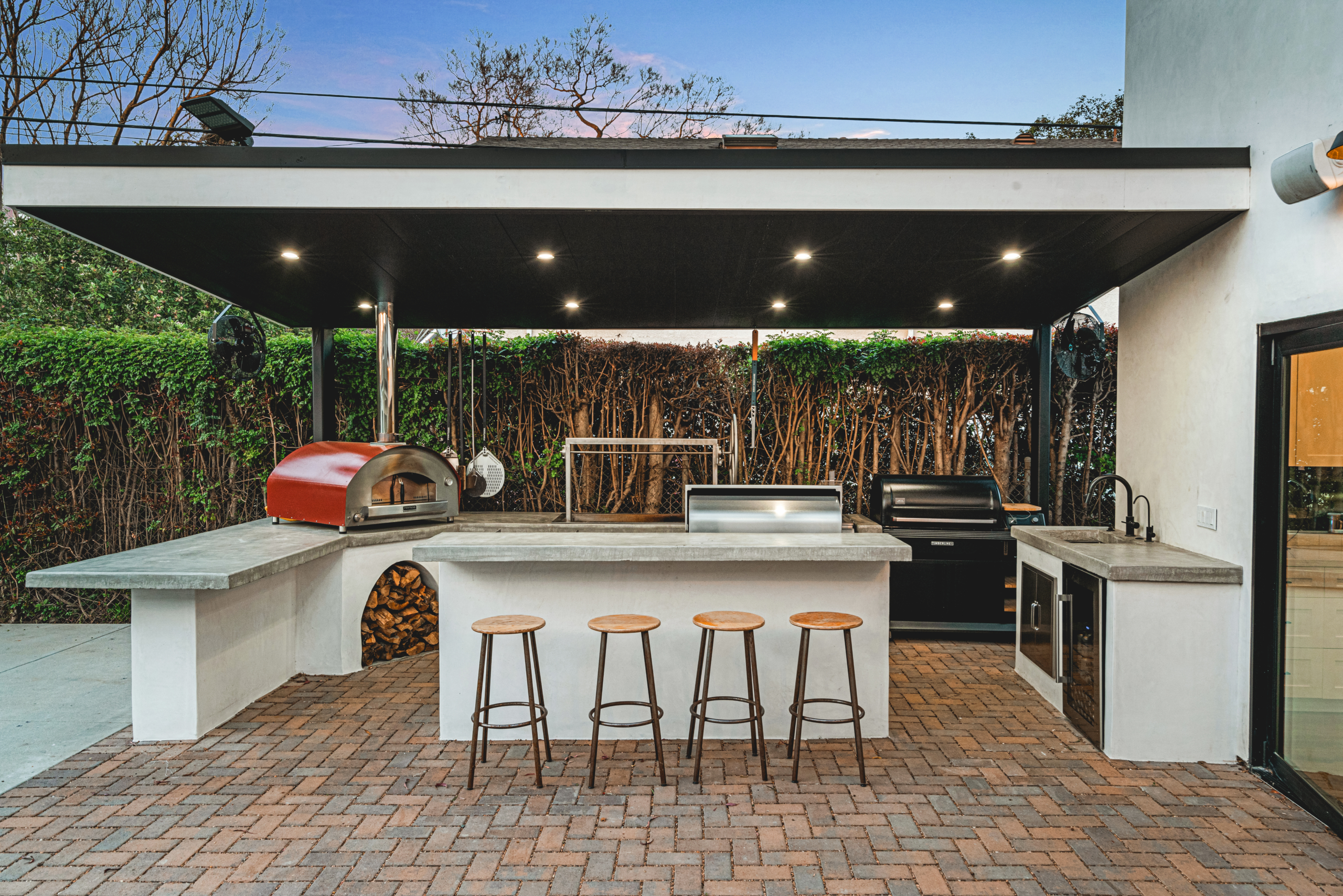Remodeling your home is an exciting endeavor that can transform your living space into a dream come true. However, as many homeowners have experienced, rising budgets can quickly become a challenge in the midst of your renovation project. In this article, we’ll delve into the world of remodeling budgets, exploring the reasons behind their tendency to rise and providing you with valuable insights.
Understanding the Rising Budget Phenomenon
The phenomenon of rising budgets in remodeling is a common occurrence, and there are several reasons behind it. Understanding these factors can help you better prepare for your project:
1. Scope Creep:
One of the leading causes of budget escalation is scope creep. This happens when you continuously add new features, upgrades, or changes to your project, expanding its scope beyond the initial plan. According to remodeling industry statistics, nearly 80% of homeowners experience scope creep during their projects.
2. Unforeseen Issues:
Home remodeling often uncovers unforeseen issues such as hidden structural problems, outdated wiring, or plumbing issues. These unexpected discoveries can significantly impact your budget. A recent survey showed that 45% of remodeling projects encounter unforeseen problems that increase costs.
3. Material Costs:
Fluctuations in material costs can also contribute to rising budgets. The construction industry is influenced by factors like supply and demand, global economic conditions, and even natural disasters. Statistics reveal that material cost increases have been a significant challenge for the remodeling industry in recent years.
4. Labor Costs:
Skilled labor is essential for a successful remodeling project, and labor costs can vary widely based on location and demand. In cities like Los Angeles, where demand for contractors is high, labor costs can be a significant budget consideration.
5. Design Changes:
Changes in your project’s design or specifications can lead to budget increases. This might involve choosing more expensive finishes, altering layouts, or opting for custom features. According to industry surveys, design changes are a common reason for budget overruns.
Tips for Managing Rising Budgets
While rising budgets can be a concern, there are strategies to manage them effectively:
1. Scope Creep:
One of the leading causes of budget escalation is scope creep. This happens when you continuously add new features, upgrades, or changes to your project, expanding its scope beyond the initial plan. According to remodeling industry statistics, nearly 80% of homeowners experience scope creep during their projects.
2. Unforeseen Issues:
Home remodeling often uncovers unforeseen issues such as hidden structural problems, outdated wiring, or plumbing issues. These unexpected discoveries can significantly impact your budget. A recent survey showed that 45% of remodeling projects encounter unforeseen problems that increase costs.
3. Material Costs:
Fluctuations in material costs can also contribute to rising budgets. The construction industry is influenced by factors like supply and demand, global economic conditions, and even natural disasters. Statistics reveal that material cost increases have been a significant challenge for the remodeling industry in recent years.
4. Labor Costs:
Skilled labor is essential for a successful remodeling project, and labor costs can vary widely based on location and demand. In cities like Los Angeles, where demand for contractors is high, labor costs can be a significant budget consideration.
5. Design Changes:
Changes in your project’s design or specifications can lead to budget increases. This might involve choosing more expensive finishes, altering layouts, or opting for custom features. According to industry surveys, design changes are a common reason for budget overruns.
Remodeling projects, while exciting, often come with the challenge of rising budgets. Understanding the factors contributing to these increases and implementing effective budget management strategies can help you successfully navigate your remodeling journey.

